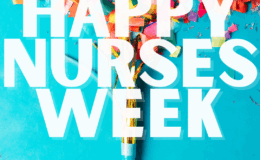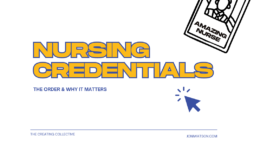A cancer patient from the community calls in. Someone referred her knowing we could help connect her with available resources for many of her unmet psychosocial needs.
And what type of cancer do you have?
There are a lot of discussions – especially during October, Breast Cancer Awareness Month – about pink consumerism and the “failures” of breast cancer organizations. Don’t get me wrong; consumers should be very aware of their purchases and how much of their money – if any – contributes to helping valid organizations. On the other hand, I also believe that pink cleats, gloves, shirts, whatever, when worn on a local, regional, national stage do help remind people about the importance of early breast cancer detection. If involved in cancer control and advocacy, it is very easy to think such actions and events are meaningless. We see them all the time. Don’t be fooled. There are still many, many people who do not understand, who have never learned, or who need reminders about detecting breast cancer early. It is important. It does make a difference, and organizations benefiting from the funds do impact women’s lives. I see it daily.
Ma’am? What kind of cancer do you have?
Financial assistance is one of the most requested needs from most cancer survivors. Without a doubt, medical bills – whether insured or not – can be crushingly overwhelming. If she says pancreas, thyroid, rectal…my options for practical support is limited. However, if she says breast, I can offer a wide array of helpful resources. That’s not to say there aren’t resources for other diagnoses because there are some great organizations providing as much help possible. Still, breast cancer organizations have worked to meet needs from financial assistance to house cleaning to grocery service to transportation to counseling to childcare. It shows. It’s amazing, and it really helps women complete treatment and relieve a great amount of distress.
I am not envious of the pink resources. No, I am thankful for them! Still, I am passionate about the millions of others living with cancers other than breast. Much more needs to be done to increase awareness and funds, providing resources for the physical, emotional, and practical concerns.





